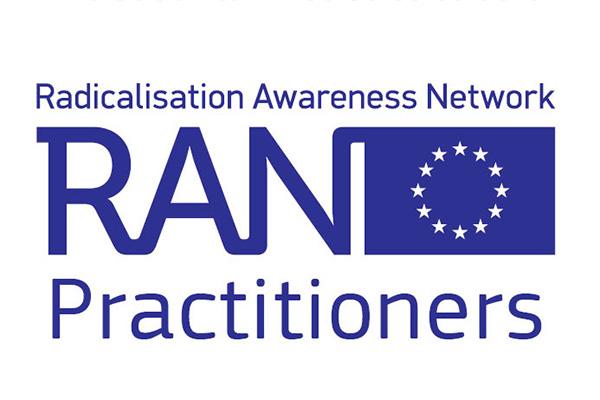
Context
Recent years have shown that violent extremists are adept at exploiting the internet – adopting, adapting and applying the latest in digital technology – to radicalise and recruit online. The COVID-19 pandemic accelerated this change and heralded a new digital transformation, with young people spending more time online than ever before and the introduction of new digital technologies and platforms. Innovations in digital technology, such as artificial intelligence (AI), are changing the way people behave, communicate and engage with one another online (and offline). These technologies – such as ChatGPT – are now giving the power to people to write, narrate, produce and curate their own content. A critical deficit now exists between practitioners’ and violent extremists’ understanding of the digital world, their use of digital technologies, and their ability to connect with their audiences online.
The purpose of this training therefore is to help practitioners, and the organisations they represent, keep pace with changes in the digital world and ‘get online.’ To do this, practitioners will have the opportunity to spend a day with digital and communications experts – through group discussions, practical demonstrations and on-one-one time – to learn how to use the digital platforms and channels, and network with practitioners from their region.
The aim of the day will be to:
- develop an understanding of practitioners’ digital needs as well as gaps and challenges;
- demonstrate how to use digital platforms and social media channels (such as TikTok and Instagram);
- showcase the latest digital technologies and innovations (such as AI);
- examine ways of adopting such technologies and platforms (for P/CVE).
Target audience
The training is open to any first-line practitioner from within the RAN Practitioners network who is a ‘digital beginner’ and is looking to ‘get online.’ This training is therefore for practitioners who: would like to better understand the digital world; would like to develop or increase their online presence; would like to reach audiences online; would like to carry out intervention work online; and/or would like to connect their offline work with online activity. These practitioners might include, but are not limited to, the following: civil society representatives, social workers, youth workers, exit workers, community police officers, teachers, mental health professionals, and other support services, among others.
Application
Practitioners are invited to apply to participate in one of four regional training events which will be delivered (please apply for the training in your region only). We kindly ask you to fill out this survey before 22 September 2023.
We will select participants based on their answers. To be able to exchange knowledge and experiences, participants must be able to communicate professionally in English.
Sources
Details
- Publication date
- 11 September 2023
- Author
- Directorate-General for Migration and Home Affairs
